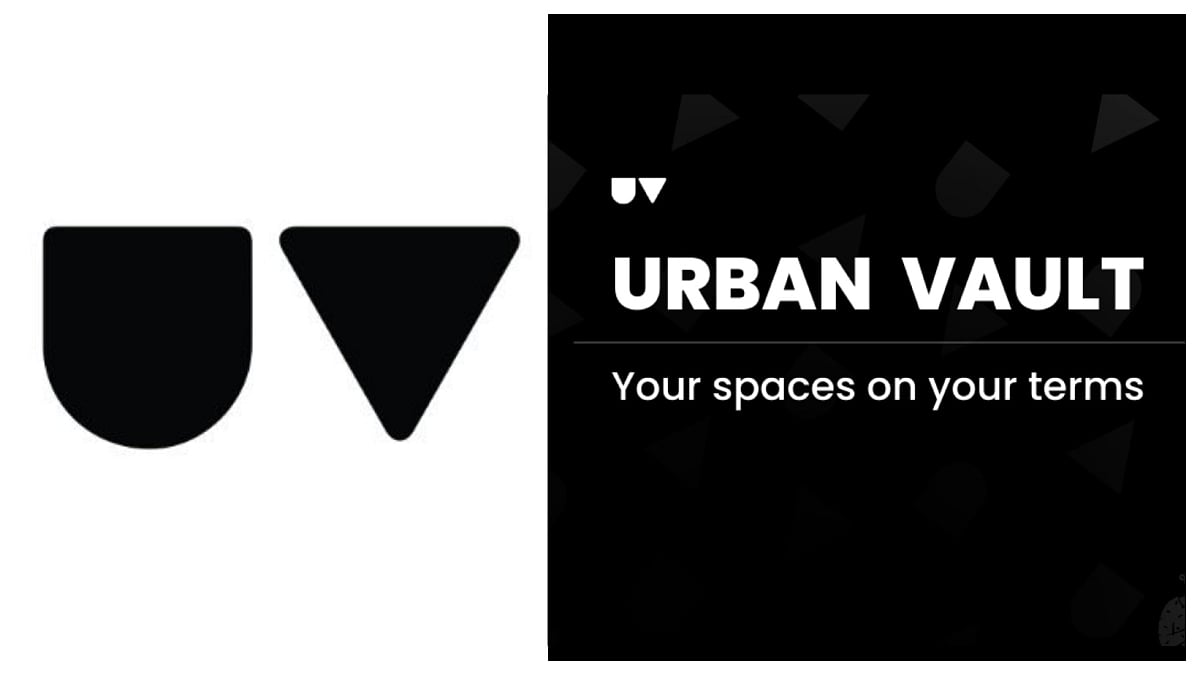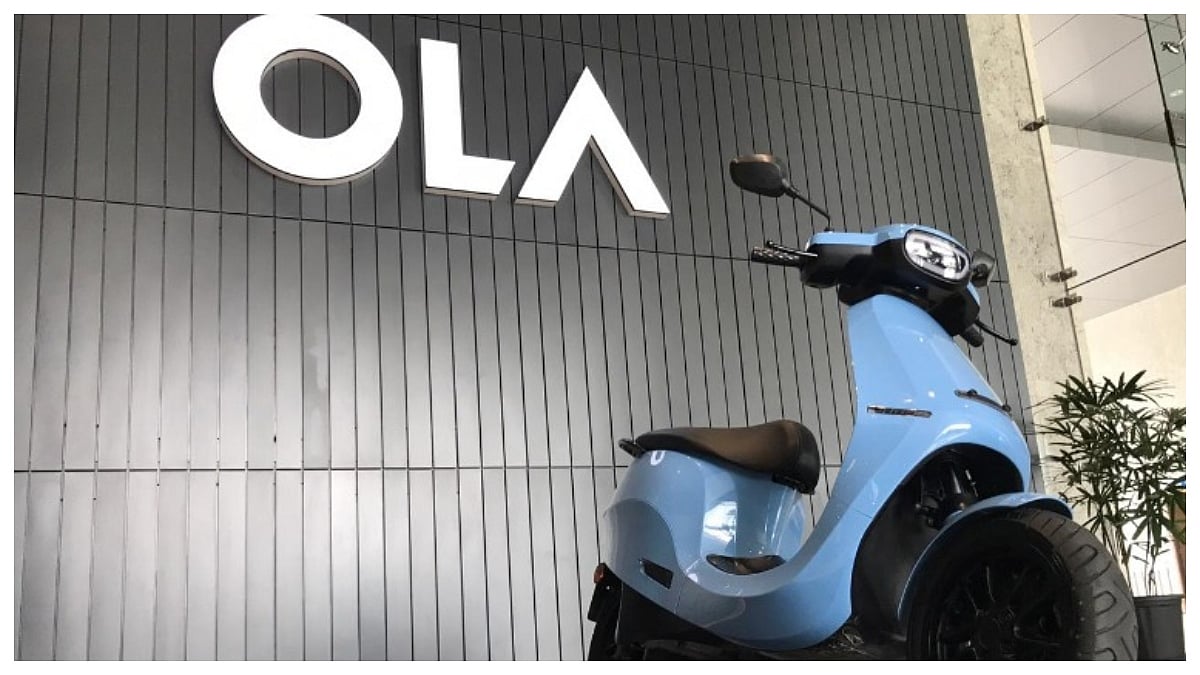While building the brand Grundfos Pumps India, Ranganath N Krishna had set out to build a most responsible and innovative company with a focus on energy efficiency and water conservation. Today, Ranganath, who is an Independent Director (ID) with Indian Terrain Fashions Ltd, Celebrity Fashions, L&T Valves and others, continues to prioritise Environmental, Social, and Governance (ESGs) parameters as a board member. In the latest edition of ‘Grow with Governance’, Ranganath, former Managing Director of Grundfos Pumps India, shares the learnings and challenges of the board with FPJ’s Jescilia K and Mentormyboard’s Divya M.
Edited excerpts:
Tell us about your journey
I join Grundfos from a company that was part of my family-run business. I liked Grundfos, a Danish company owned by a trust, mainly due to the way it was structured. The company reinvested their major portions of profits into research and development; and social activities.
After joining Grundfos in 1998, I registered the company in India. Even though I was designated CEO, I did not get on the board until 2006. However, I was there at every board meeting and literally behaved like a board member.
How important is it for promoters to pass on their responsibilities smoothly to the next generation?
If you are a professional manager or managing director with a family business outlook, then you cannot beat that combination. Families when they run companies or are involved in succession, the promoter confuses ownership with management. Thus, you end up becoming part of managing the business because you are part of the family and not because you are capable. This is something that family-run businesses have to avoid.
In the case of professionals, they avoid taking a long-term decision at the cost of short-term pain. However, a family-run business or a promoter family can take that call.
During my time in Grundfos, I never took a decision based on my time. But took calls that were good for the company in a long run. I got that embedded in everybody in the company.
The only way for the company to grow is by thinking about the company’s long-term growth. At the same time ensuring you survive in the short term.
Tell us about your journey as an Independent Director in various organisations
At the age of 30, I was able to turnaround companies (part of his family business) and sell those companies. It was a huge training ground. One of the biggest challenges is to turn a sick business around. Trouble times teach you more than the good times. From that background, I joined Grundfos. When I was with Grundfos, a couple of organisations approached me to join the board. I assume it was mainly due to my past experience dealing with troubled businesses and also scaling businesses.
I was invited to be on the board of a listed company. And that company split into two companies and then I continued to be on the board of both companies.
A few years ago, L&T Valves approached me to be on their board. Later, I joined the board of a Danish company too. Companies invite Independent Directors onto their boards who can help them with strategy.
As an Independent Director, you can help with strategies, along with being a conscious keeper for the shareholders and the values your carry.
How do you drive Environmental, Social, and Governance (ESG) criteria in the boards that you are present on?
ESG was a buzzword in the beginning. People started talking about it without really doing anything about it. My business on the board is to tell the companies is that your business is not to look good but to do good.
On the boards that I am on, I try to push the agenda. My duty on the board is to ensure that the company is a practising company and not just a certified company.
As an ID, you are not involved in the day-to-day operations. And things get lost as it percolates down. However, you do not stop trying.
Other than ESG, companies should look at maximising the impact of corporate social responsibility (CSR) funds. If all companies create a pool of their funds and take a decision of addressing various Sustainable Development Goals (SDGs), then it will have a larger impact. Such collated funds allow replication and avoid duplication, and can create a far better impact.
How important is the role of IDs in enabling corporate governance and growth?
It is perhaps the main role of the Independent Director and the toughest role. Financial sustainability is important or everything else goes down the drain.
I have asked boards even Grundfos’ board members if we are ready to take a short-term pain to make an impact on the planet. As an ID, you can only influence and not change things.
Your varied experience ranges covering marketing, sales, design, project management, finance and human resources. What experience helps you the most as a board leader and which skillset do you feel today are missing in IDs?
I am happy that I held many of these roles. I have encouraged people who report to me to shift into various roles. You will not have a holistic view of business if you are stuck with one role. This is a problem that I see among many IDs, Directors, Managers etc. Taking multiple roles allows you to take a holistic approach.
What is your advice to aspiring directors?
Choose well based on your expertise or the area that you are passionate about. At least have a basic knowledge about various laws. One should ensure that the board supports you professionally. Join companies that share the values you hold. Directors have to be forthright. Do not come to meetings unprepared. Lastly, spend 80 per cent of time discussing the future of the company during the board meetings.








